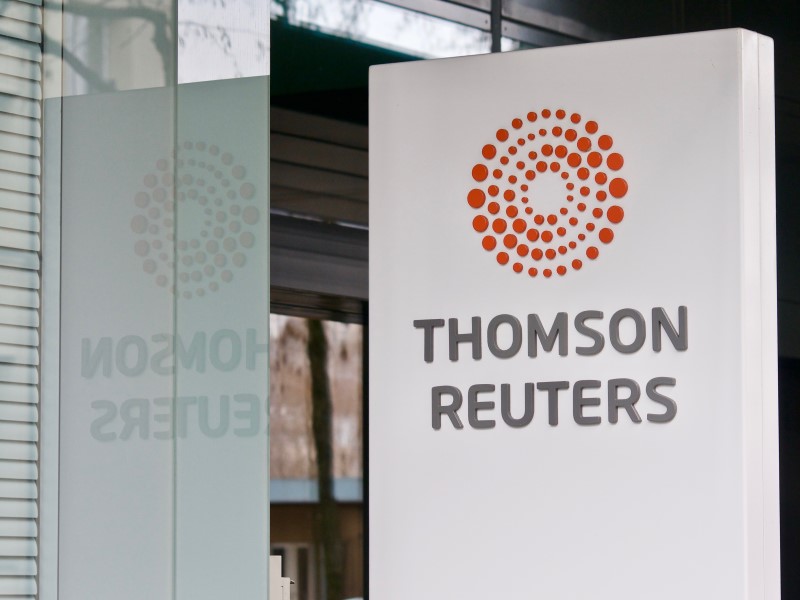
Thomson Reuters Corp. is introducing new benefits for its global employees, including an expanded ‘work from anywhere’ policy and a new sabbatical program.
To build on its existing Flex My Way program, which offers employees the opportunity to work from anywhere in their country of residence for up to eight weeks, the technology company expanded the program to allow staff to work anywhere in the world for four weeks, subject to local tax requirements. It also identified an expanded number of roles that can be fully remote.
Read: Thomson Reuters offering workplace flexibility, enhanced paid leave
“We give a list of possible countries to our employees . . . and ask that they coordinate with their leader just to ensure if there’s time zone coverage challenges or other things,” says Mary Alice Vuicic, chief people officer at Thomson Reuters. “Even without this policy, during the [coronavirus] pandemic, when people had to work from home, we had many people go back to their home country or where they have family and work. We made sure to support them [during the transition].”
The company’s new sabbatical program is designed to provide employees with up to six months of unpaid leave. Vuicic notes it also provides opportunities for co-workers to step up and take on new roles while these individuals are away.
“We added these [benefits] based on feedback from our employees. We survey our people regularly. We do focus groups. We look at different segments of the workforce and what they’re looking for and we co-create our work with their feedback.”
Read: Sabbaticals can help with talent attraction and retention, say experts
Employees have been increasingly focused on flexibility, but the new benefits offerings are years in the making, says Vuicic, noting they want work to fit into their personal lives, not fit their personal lives into work. “At TR, we focus on making sure we have supportive leaders and a culture that supports flexibility and the pandemic just accelerated this. For the first time, people had an opportunity to sit back and reflect on their lives [and] their careers. They’re much less willing to make the trade-offs and I think that’s why you’re seeing the ‘Great Resignation.’”
Thomson Reuters has received tremendous feedback from employees on the flexibility program, more so than other benefits and initiatives it has launched, she says. “I’m excited about what this means for employees and for society overall. More and more companies are recognizing the importance of mental health and creating workplaces that support well-being for people.”
Read: A third of employees believe full flexibility is best working model: survey
